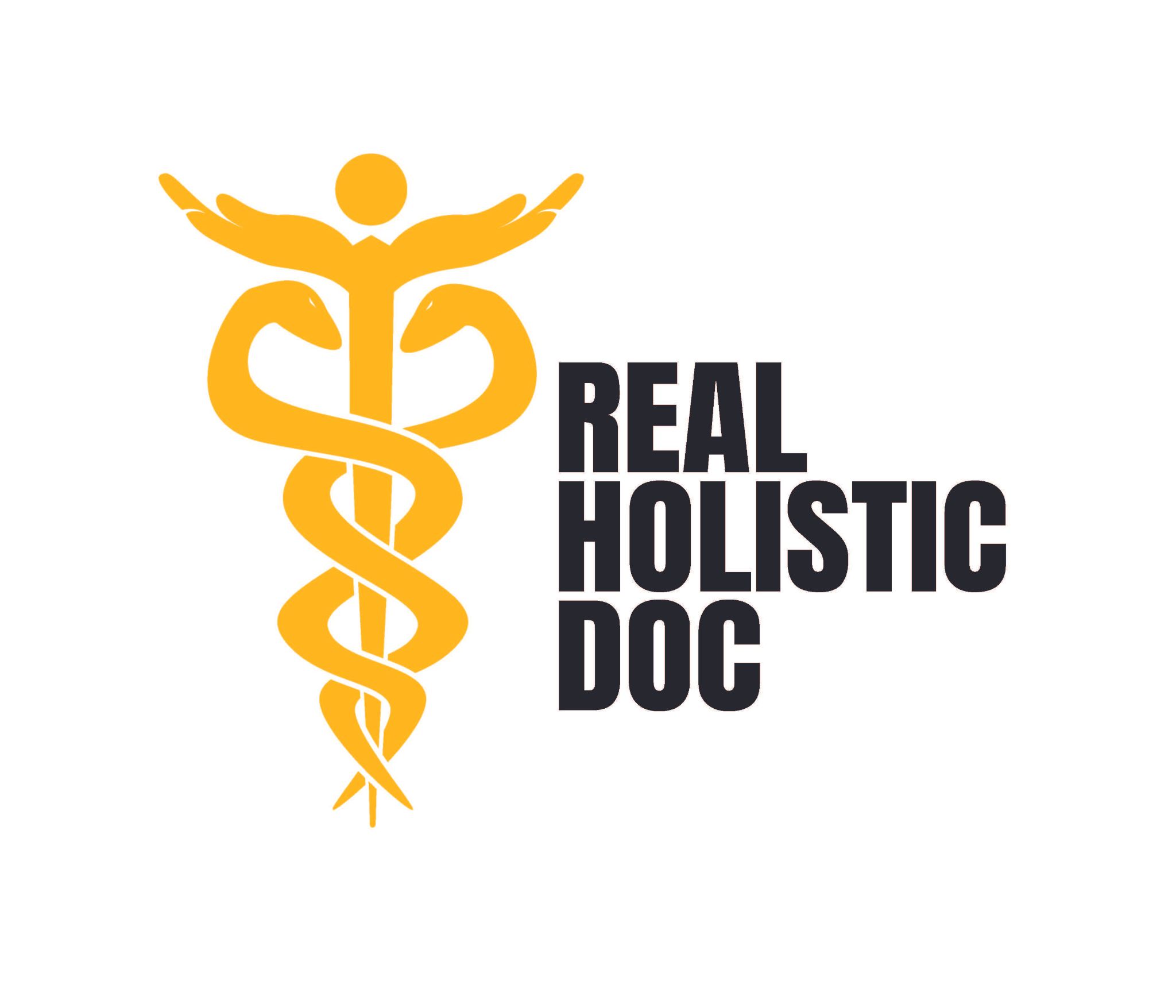Okinawa, a group of small islands south of Japan, has more centenarians and overall greater longevity than any other country. Actually, their average longevity is only 4.4 years longer than that of Americans but they have four times as many centenarians. The Okinawa death rate from heart disease is only 18% that of Americans and there is 80% less breast and prostate cancer, 50% less ovarian and colon cancer, 60% less hip fracture, and 50% less dementia. Heart attacks are only 20% as common as in this country and the survival rate is twice as great. DHEA blood levels are significantly higher in elder Okinawans; free radicals are much lower; cholesterol is lower and osteoporosis is much less common. These four health indices are, I believe, the key to normal longevity to at least 100.
According to THE OKINAWA PROGRAM, the reasons for the Okinawa health advantage appear to be:
- Greater variety of foods — average 18 different ones each day
- Greater intake of vegetables — 78% of foods
- Much greater intake of rice and sweet potatoes
- Much less meat, mostly fish and occasional chicken
- Greater intake of legumes
- Greater intake of arrowroot flour, tea, turmeric, seaweed, herbs, and omega-3 fatty acids
- Body Mass Index average between 18 and 22
- Much greater physical activity
- A more consistent pantheistic spiritual foundation
Unfortunately, Okinawans may soon lose their health and longevity advantage, as there has been a marked increase in American junk fast foods in the last few decades.
The facts about Okinawan health and longevity are well presented in THE OKINAWA PROGRAM.
Unfortunately, in order to produce a 496-page book, much of the volume is contrived to support a westernized approach to the Okinawa lifestyle, especially nutrition. For instance, currently the common cooking oil is canola, a more recent introduction and hardly the staple of the centenarians for most of their lives! It is a leap of faith that allows the authors to assume that canola oil is superior or has had any effect in the past centuries. The other westernized push includes a variety of suggested ”substitutes”, such as low fat yogurts, ice creams, cookies, sugar-free Jell-O, etc. Frankly, I think they pretend too much! The real program is much simpler.
It seems just as likely that we could conclude that the BMI alone could easily add the 4.4 years of extra longevity, or more! Not to mention their greater physical activity and more pastoral life.
Actually, according to The Longevity Game, on-line by Northwestern Mutual Insurance, if I were to have a BMI of 28 instead of 22, I would lose 8 years of life. The average American BMI is at 28 by age 60! (www.halls.md/body-mass-index/bmi.htm).
Certainly Okinawans appear in the past to have eaten a healthier and more natural diet. But the BMI seems to be the critical feature of their health and longevity. The Okinawa lessons are obvious and may include all the factors in the bulleted area above.
There is a second book THE OKINAWA DIET PLAN. I bought it but it offers no additional useful information.
Norman Shealy, M.D., Ph.D. is the father of holistic medicine. He recommends autogenic focus (the basis of the Biogenics System) as part of your overall commitment to self-health. Register to download your FREE autogenic focus MP3 now.
